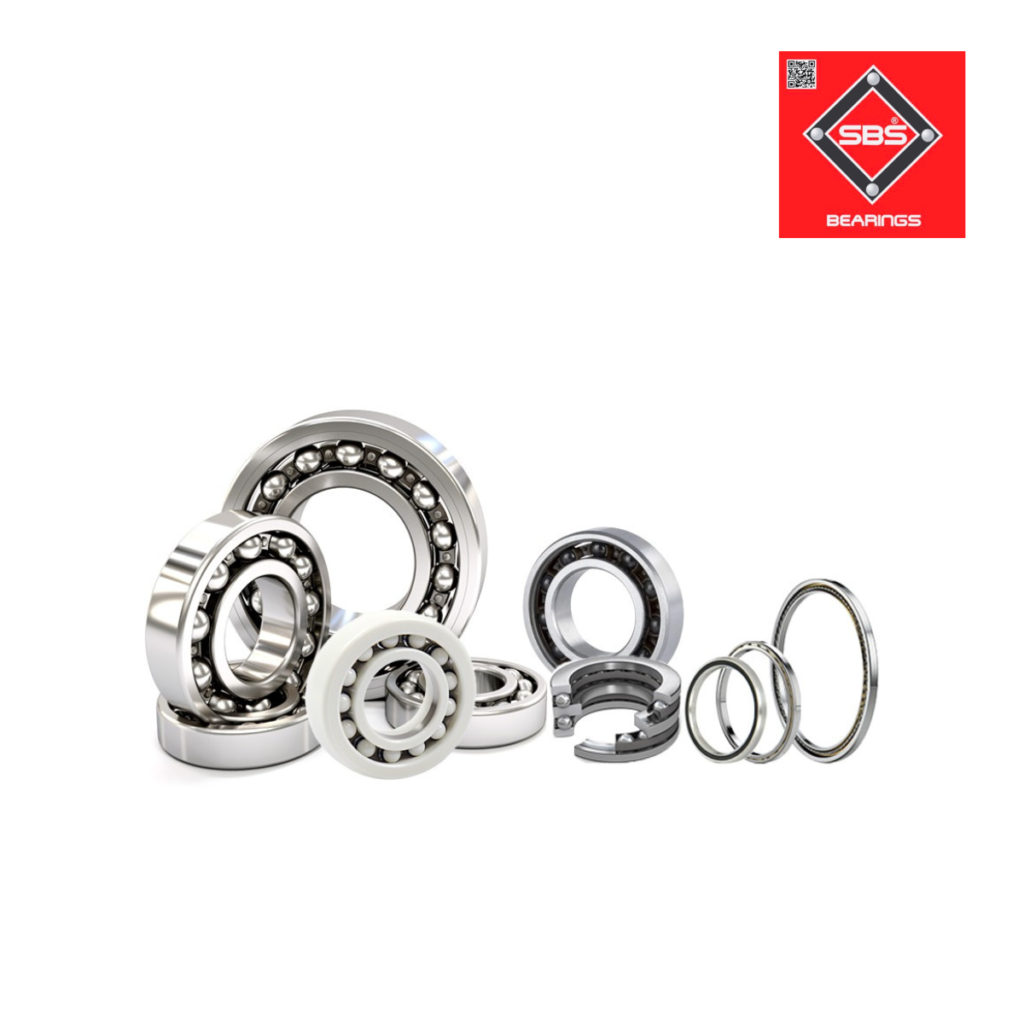A Deep Dive into Bearing Industry Regulations in Pakistan.
Introduction:
Bearings are essential components in many sectors of Pakistani economy including manufacturing, agriculture and automotive. Bearings enable rotational and linear movement. They reduce friction, which is important for mechanical systems. Pakistan has established an extensive regulatory framework to ensure quality, safety and reliability in bearings used and produced within the country. This article examines the intricacies surrounding the bearing industry regulations of Pakistan. It also looks at the compliance requirements, challenges and opportunities that industry stakeholders face.

Regulatory Authorities and Framework.
The regulation of bearings in Pakistan is under the jurisdiction of several government bodies and regulatory agencies. The Ministry of Industries and Production and its subordinate agencies and departments play a key role in formulating the policies, standards and regulations that govern the manufacture, import and export of bearings. Regulatory bodies that are specific to the industry, like the Pakistan Standards and Quality Control Authority and the Engineering Development Board, monitor compliance with standards and specifications.
Compliance requirements for bearing manufacturers.
The regulatory authorities in Pakistan require that bearing manufacturers adhere to strict quality standards and specifications. These standards cover a wide range of aspects related to bearing production including material composition and dimensional accuracy. They also include surface finish and performance characteristics. Conformity to recognized international standards such as those set by the International Organization for Standardization and the American National Standards Institute is often a requirement for regulatory approval and market acceptance
Import & Export Regulations.
Import and Export regulations have a significant impact on the dynamics of the bearing industry in Pakistan. Importers must comply with the government’s import licensing, tariffs, and customs duties. Exporters are also required to comply with certification and documentation requirements in order to ensure a smooth flow of goods between international borders. Changes in geopolitical conditions, trade agreements and bilateral policies can affect import and export patterns. This will impact the dynamics of the market and competition.
Protecting Intellectual Property Rights.
It is important to protect intellectual property rights in order to encourage innovation and prevent unauthorized use and reproduction of bearing designs and technologies. To protect their intellectual property, bearing manufacturers in Pakistan should secure trademarks, copyrights and patents. Patent infringements, counterfeiting and intellectual property thefts within the industry must be addressed with effective enforcement mechanisms and legal remedy.
Environmental Regulations and Sustainability.
In Pakistan, environmental considerations increasingly shape the regulatory requirements of the bearing industry. If not managed properly, the manufacturing process of bearings can generate waste, wastewater and emissions that could pose an environmental risk. For sustainable operations, it is important to comply with environmental regulations. These include those relating to air and water pollution, waste management and hazardous substances. Eco-friendly practices, investment in cleaner technologies and waste reduction can improve environmental performance and regulatory conformity.
Occupational Health and Safety Standard.
In the bearing industry, workers are exposed in many ways to hazards that can arise from manufacturing processes and machinery. To protect workers against accidents, illnesses, and injuries, regulatory authorities prescribe occupational safety and health standards. Bearing manufacturers must provide a safe workplace, conduct risk assessments and implement safety protocols. They also have to train employees appropriately to minimize workplace hazards.
Market Surveillance & Enforcement.
Compliance with regulatory requirements is more than just meeting the statutory requirements. It also involves ongoing monitoring, surveillance and enforcement efforts from regulatory authorities. Market surveillance activities are designed to identify non-compliant entities, products, or practices and to take corrective action to protect consumer interests and maintain the integrity of the market. Inspections, audits and penalties are used to enforce regulatory standards and ensure accountability.
Challenges to Regulatory Compliance.
In Pakistan, the bearing industry faces several challenges to achieve and maintain regulatory compliance. The bearing industry in Pakistan faces several challenges to achieve and maintain regulatory compliance. These include complexity and ambiguity, resource constraints and lack of technical or awareness expertise. Small and medium-sized businesses (SMEs) in the industry struggle to navigate regulatory landscapes and invest into compliance measures. This creates barriers to entry and growth.
Opportunities for Industry Growth.
The bearing industry in Pakistan offers significant growth and innovation opportunities despite the regulatory compliance challenges. Adopting regulatory compliance to be a strategic imperative will improve product quality, competitiveness and market access. Research and Development (R&D), adoption of technology, and skill development can be used to drive innovation, differentiation, value creation, and product development. Initiatives promoting sustainable practices such as energy conservation, circular economy principles and resource conservation can help Pakistan’s bearing industry achieve long-term success on the domestic and international markets.
0 Comments